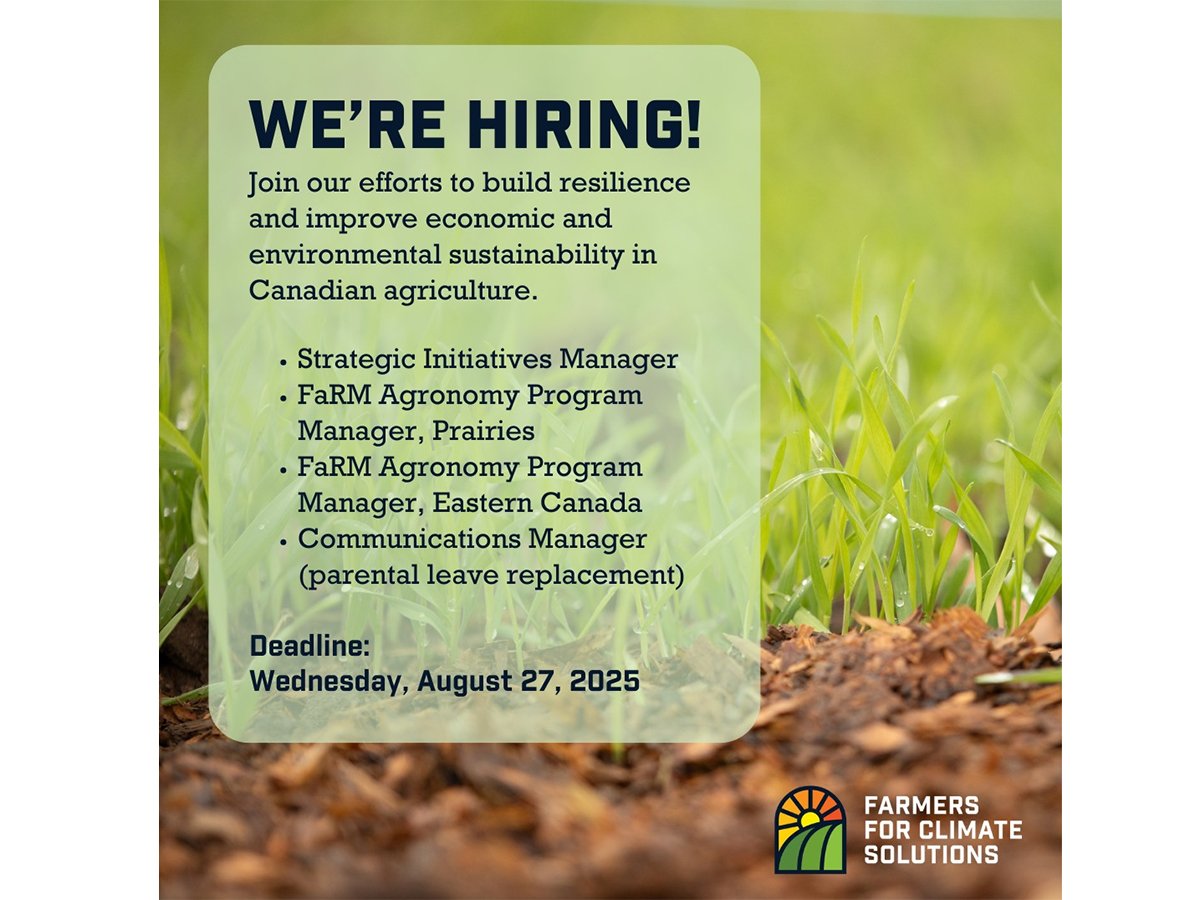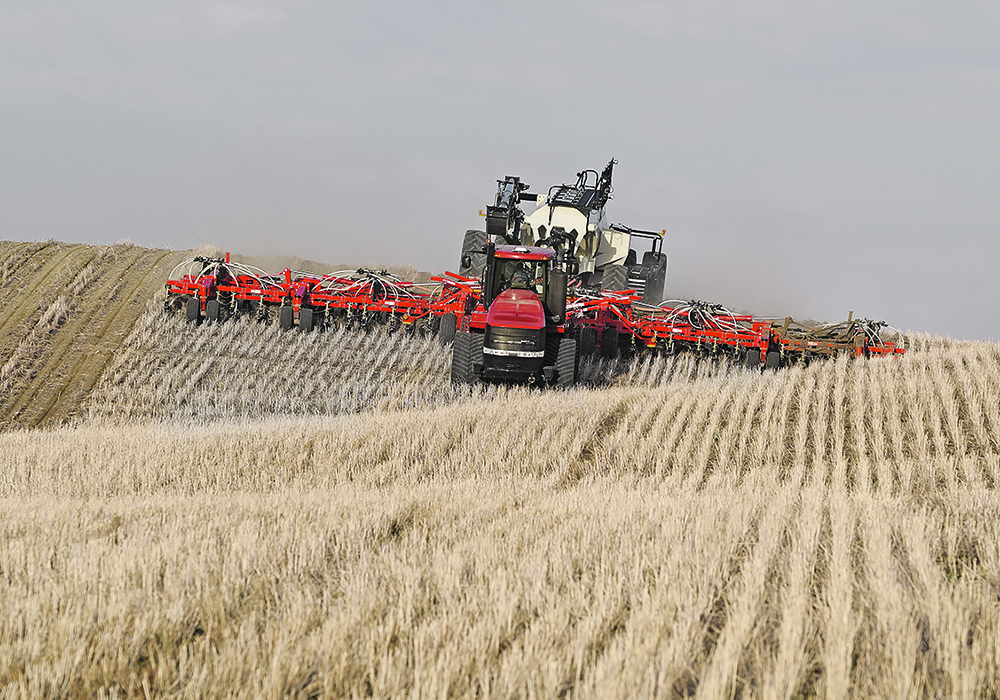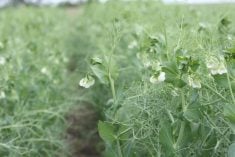The Road to 2050 document was developed with grain farmers across Canada as part of national net-zero plan
REGINA — Grain Growers of Canada has released its recommendations to the federal government on how it can help farmers be both profitable and sustainable.
The Road to 2050 for Canada’s Grain Sector was two years in the making as the organization consulted with its members and agreed on 10 policy recommendations. It was initiated after Canada set a net-zero emissions target.
“They’re all things that for us and for grain farmers mean not only just more profitability and further food production but also mean a lowering of emissions,” said executive director Kyle Larkin.
Read Also

Environmental farm group has Ottawa’s attention
In 2021, Farmers for Climate Solutions published a report on how Canada should reduce emissions from agriculture. Not long after, the federal government implemented most of the recommendations in the report.
He said the document was developed through two frames. First is that there is no one-size-fits-all approach.
“When government looks at programming, they can’t put something out there that will force a certain segment of farmers to do something that doesn’t work for them,” Larkin said.
The second is that Canadian grain farmers are already some of the most sustainable in the world and the government has to acknowledge that.
“Everybody can be better but we are in a great place right now and we can do even more if we partner together,” he said.
The GGC spent last week meeting with policy makers in Ottawa and discussing its report.
Larkin said it was well received.
“There’s always a nervousness out there, I would say, when we’re talking about sustainability but that’s why we’re putting the financial piece first, the Canadian economy first, and if there’s an emissions piece that can attach to that, then it’s a win-win-win scenario.”
The recommendations fall under three themes.
Positioning Canada as a global leader in agriculture investment and innovation includes expanding public and private plant breeding research, more research on agronomic practices and machinery, as well as continued expansion of rural cellular networks and broadband.
Also in this category is the need for a supportive legislative and regulatory framework so farmers have timely access to technologies.
The second theme is that government constructively recognize, publicly support and reward grain producers’ advances.
The GGC wants eligibility criteria and funding for climate programs such as the On-Farm Climate Action Fund and others to be expanded. It said tax incentives to bridge financial gaps between old and new technologies, reinvestment in provincial agronomy extension and support for crop commission programs are critical in disseminating information to producers.
Finally, the report said the government should work with provinces and industry to develop a comprehensive, accurate data base and management strategy.
“These are real things that grain farmers can support that will lower emissions but also increase profitability and food production,” Larkin said.
GGC is still watching C-234, the bill that, as currently amended, would exempt natural gas and propane for grain drying from carbon pricing. Industry wanted the bill to include farm buildings and greenhouses.
Larkin said since the bill has stalled, it might be time to accept the three-year exemption for grain dryers rather than get nothing. He said it’s frustrating that politics got in the way of a good idea.
















